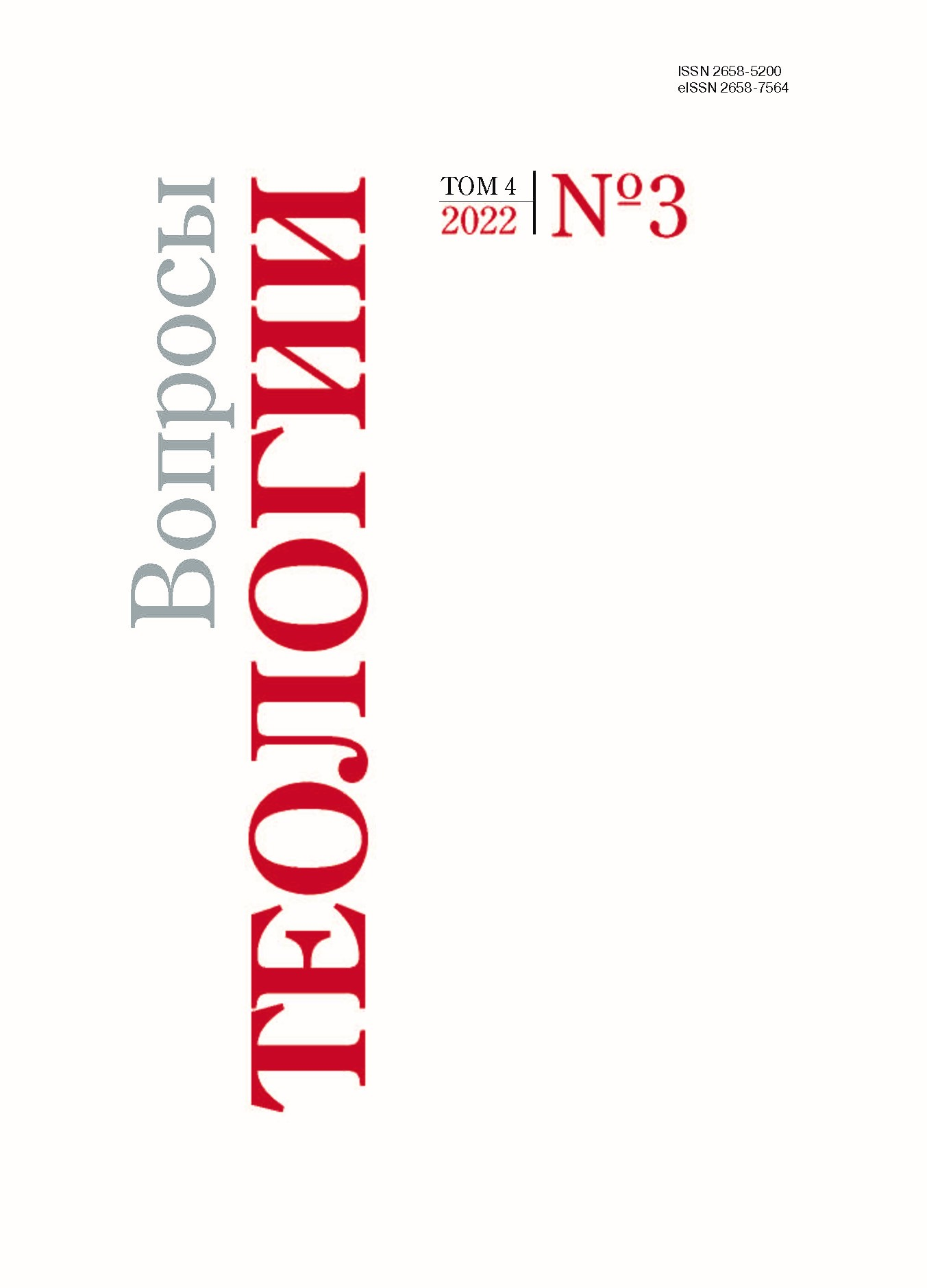The concept of eudaimonia in the context of Aristotelian rational theology
DOI:
https://doi.org/10.21638/spbu28.2022.301Abstract
The Aristotelian doctrine of the knowledge of God offers two models of this process: by nature and by learning. A careful reading of Nicomachean Ethics allows us to consider this text as an important source for the Stagirite’s teaching on the knowledge of God “by nature”. Eudaimonia in Aristotle’s interpretation means life according to nature. But in human nature the mind is dominant. Therefore, mental activity is the highest and happiest and filled with the highest pleasure. This is precisely the basis for the superiority of theoretical life over the practical. Of course, immortality is unattainable for a person. Man is not only a rational being, but also a social and bodily one. In its highest manifestation, in the act of thinking, he is incorporeal. Intellectual contemplation, which allows one to grasp an object in its being, to see its form, is a way of being outside the body. The kind of being that God undoubtedly possesses. Eudaimonia, contemplation and the most correct, highest pleasure coincide in it. That is, the highest form of a happy life that is available to a person is not just divine happiness, but the very happiness of a deity. The person who has comprehended it will no longer know God through reflection and reason, but directly, through his own experience.
Keywords:
Aristotelian ethics, teleology, theology of Lycaeus, eudaimonia, Aristotle’s doctrine of pleasure
Downloads
References
References
Downloads
Published
Issue
Section
License
Articles of "Issues of Theology" are open access distributed under the terms of the License Agreement with Saint Petersburg State University, which permits to the authors unrestricted distribution and self-archiving free of charge.




